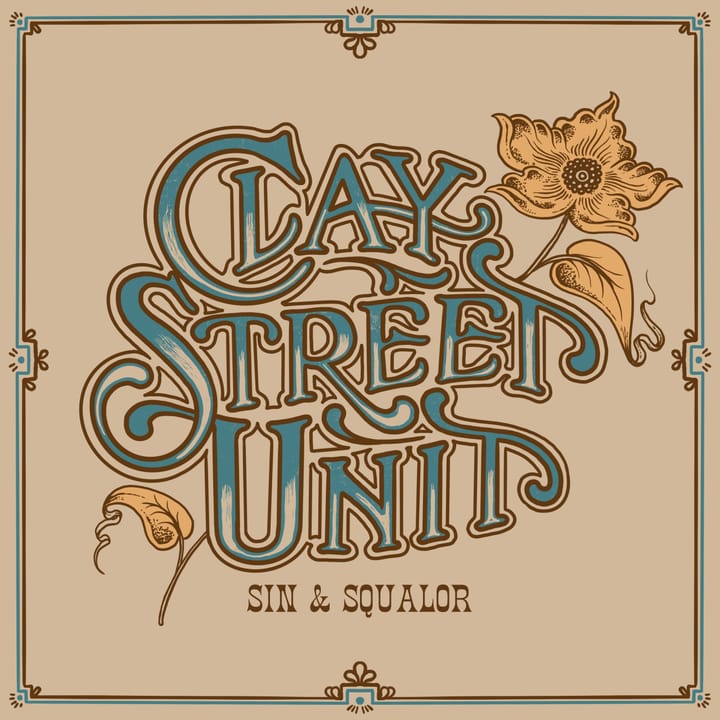By 1969, as this second completist six-disc box of his Capitol recordings begins, Merle Haggard was well-established as a smooth purveyor of working man's blues, from "Mama Tried" to "Sing Me Back Home". During the span of this extraordinary collection, Merle steps into history, digging and observing and reporting back in a singular conversation that has not stopped since. He would also test himself against his own heroes -- Lefty and Jimmie and Bob Wills and Tommy Duncan -- even as he saluted them by reviving their material.
The Strangers were now a great, tight bar and studio band, capable, as these tracks remind us, of following Haggard across musical boundaries. Yet he'd still augment the sound with horns -- which had for some time been near-anathema in much of roots music, and country in particular. Many of the tracks on the vast Hag collection exploit the brassy, jazzy sounds that made Merle the first Country Hall of Famer on the cover of Downbeat.
(Album-long salutes to Rodgers and Wills, and the Strangers instrumental albums of this same period, will appear on a separate concept albums box; Haggard's unissued studio explorations of the music of Georgia Minstrel Emmett Miller and the Love Affair With Trains material are here.)
This was also the time when Haggard stepped into controversy, with the culturally pointed, right-veering "Okie From Muskogee" and "Fightin' Side Of Me" singles. Extensive interviews with Deke Dickerson in the excellent book that comes with this set clear up the matter of Merle's intentions in those songs for good; he meant every belligerent, received, semi-thought-through line at the time. They were no joke -- and he considers them ridiculously naive and wrong-headed today, which is why he's lampooned them since. It will surprise some that by 1976 his campaign-year topical songs include a reference to "the Brothers Kennedy, Lyndon Johnson...and Martin Luther King" in his definition of freedom fighters.
For all of the exploration, Merle had as many hits and self-penned classics in this period as at any time of his career -- from "If We Make It Through December" to "It's Not Love (But It's Not Bad)" to "It's All In The Movies" to "Tulare Dust" to "Living With The Shades Pulled Down".
Merle's muse for all those love songs in this period was mainly Bonnie Owens, his longtime singing partner and, for quite a while there, his wife. Her recorded works have been notably under-represented until the appearance of this second four-disc retrospective set, Queen Of The Coast. It covers all of Owens' output from small west coast indies through Capitol Records, from 1953 to 1971 -- including (and this is going to be the key attraction for many listeners) all of the often gorgeous duets with Merle. These two are probably the least-revisited of the great male-female duos of the '60s; this is your chance, and you should take it. Like Dolly and Porter, the sheer vocal perfection is as key to their power as the chemistry.
Bonnie tended to put her own career to the side during their married years, and there weren't, consequentially, an unending string of great new songs coming her way during that time. As a vocalist, she tended toward the lighter, thinner Kitty Wells approach -- and the songs often match that tone with docile, long-suffering lily sorts of lyrics. And then Bonnie surprises you with the in-your-face lies of "Number One Heel", and you see the power she often brought to country classics in during these years, and even more so, arguably, in the years beyond.




Comments ()